
时间:2016-09-21 11:16:53人气:2387来源: 迪拜新闻网
While a "dual-track" approach, peaceful negotiation and joint efforts to secure stability have become the norm in the South China Sea issue, some still don't like the situation.
Japanese Defense Minister Tomomi Inada said Thursday in Washington that she strongly supports U.S. "freedom of navigation" operations in the South China Sea and threatened to increase engagement in the waters.
The new defense minister also said that Japan would conduct "joint training cruises" with the U.S. Navy in the South China Sea.
Japan's attempt to intervene in the South China Sea issue becomes increasingly bare and bold.
Always pointing the finger at China, Japan also supports the farcical arbitration started by the former Philippine government.
Japan has shown an ardent interest in the issue at the G7 summit and other international platforms, claiming concerns about "freedom of navigation," "status quo" and "prevailing norms."
Does anyone actually believe this talk, considering the rise of right-wing forces in Japan?
One possibility is that Japan intends to use the South China Sea issue, which involves multiple parties, to muscle in on regional security affairs.
The United States' "Asia-Pacific Rebalance" strategy gives Japan the chance to use the South China Sea issue to snuggle up even closer to the United States, especially now that Philippine President Rodrigo Duterte has questioned how the U.S. military are behaving in his backyard.
Through "China threat" rhetoric, Japan may find a way to whitewash its underhand expansion of its Self-Defense Forces' activities both at home and overseas, and its posturing over the East China Sea.
The only problem with Japan's little scheme seems to be that those directly concerned in the issue are not remotely interested in its predictable drama.
A Chinese Foreign Ministry spokesperson on Monday noted that China and ASEAN had reached agreement on how to handle the issue at their leaders' meeting earlier this month following similar agreement at the foreign minsters' meeting in July.
Everyone expects the new Japanese defense minister to do something useful for the Asia-Pacific region.
It would be wise for Inada, and for her country, to stop trying to ignore the "trend of times" and begin to follow it.
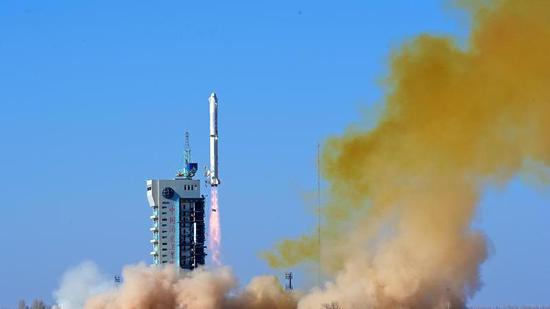
China, Algeria expand space cooperation with new satellite launch
(5991)人喜欢2026-02-02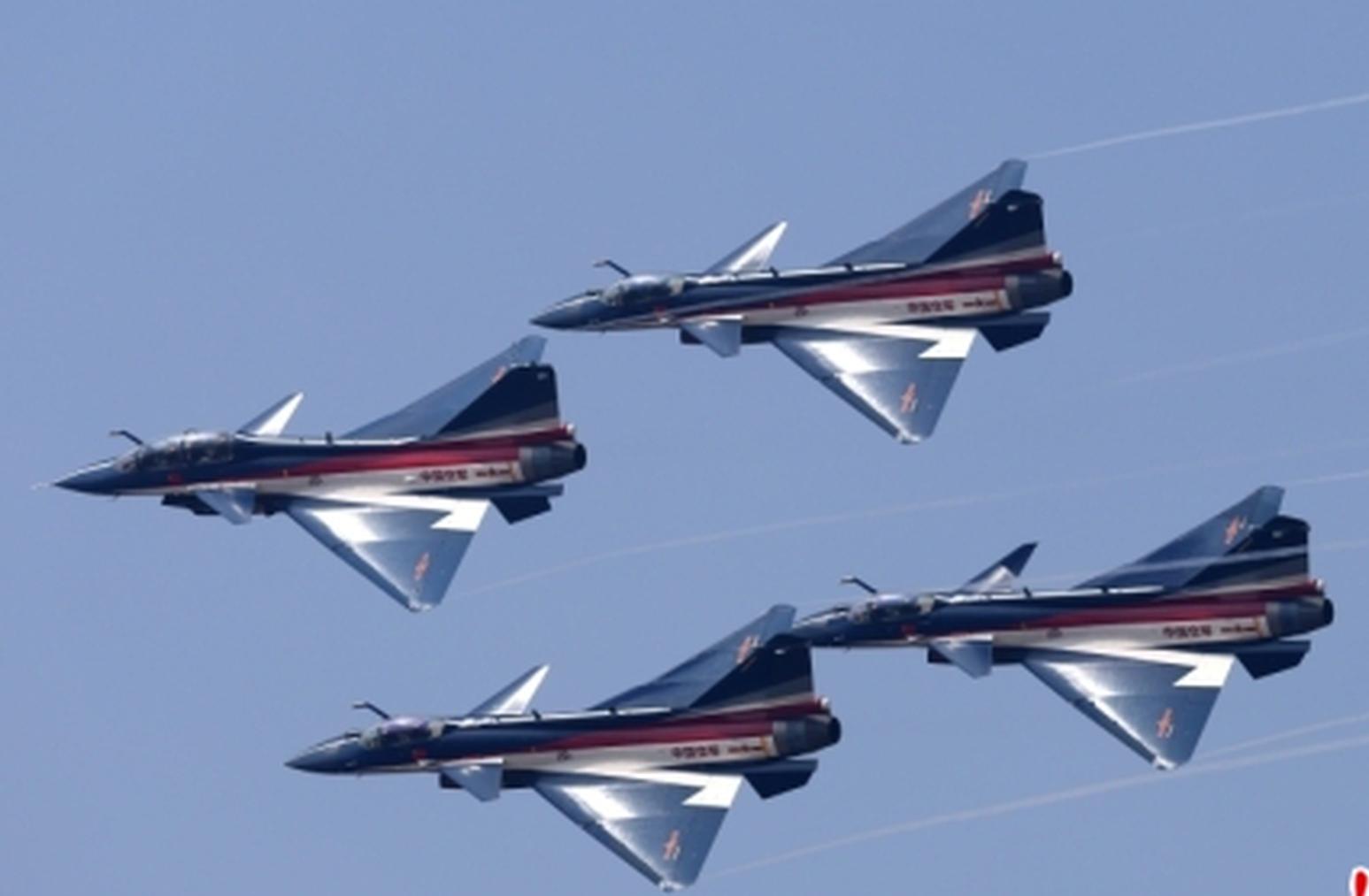
Chinese PLA aerobatic team to fly J-10 Jets at Singapore Airshow
(5356)人喜欢2026-01-27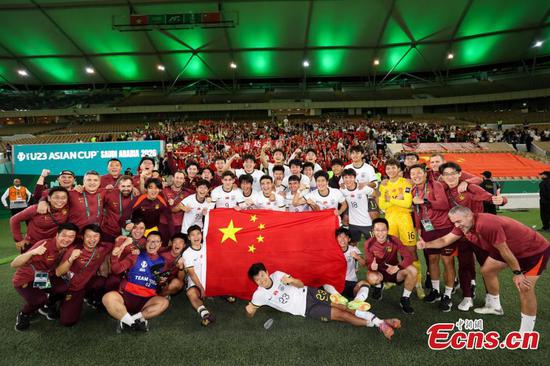
Free entry for Chinese fans at AFC U23 Asian Cup final a rumor
(4410)人喜欢2026-01-23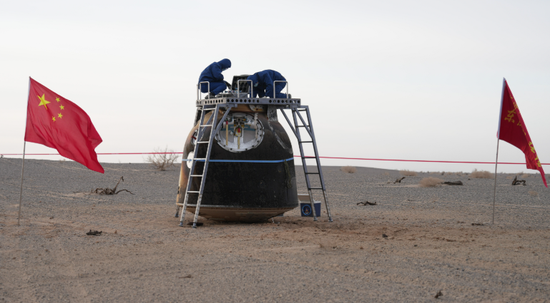
Shenzhou-20 spacecraft returns safely to Earth
(4337)人喜欢2026-01-19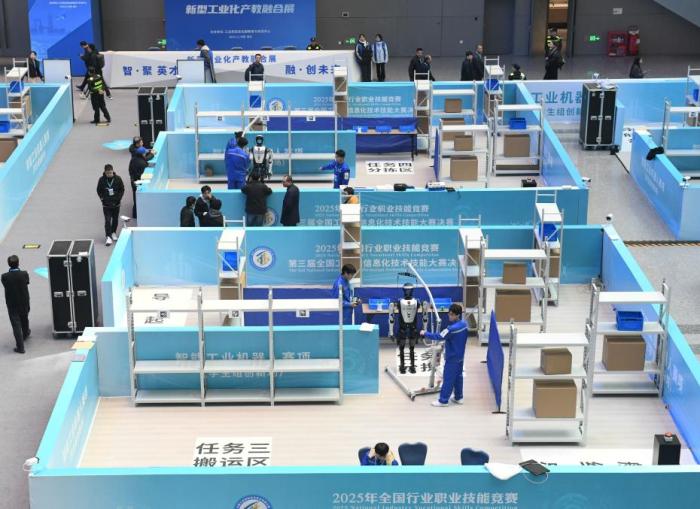
China becomes net exporter of industrial robots: official
(6009)人喜欢2026-01-15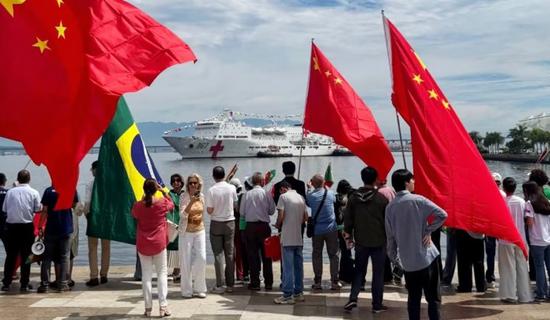
Chinese navy hospital ship pays first visit to Brazil
(6013)人喜欢2026-01-10
Another Nanjing massacre survivor dies, only 22 remain
(5159)人喜欢2026-01-04
China's first L3 self-driving car debuts in Chongqing
(4427)人喜欢2025-12-28